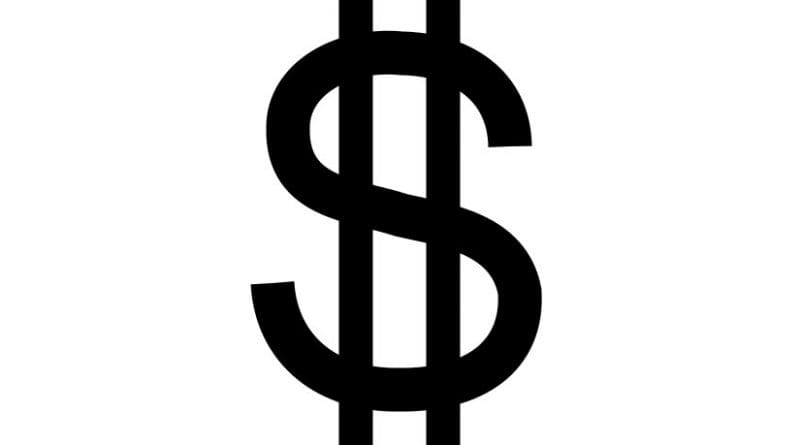The Economy In 2016: On The Edge Of Recession – OpEd
By Robert Reich
Economic forecasters exist to make astrologers look good, but I’ll hazard a guess. I expect the U.S. economy to sputter in 2016. That’s because the economy faces a deep structural problem: not enough demand for all the goods and services it’s capable of producing.
American consumers account for almost 70 percent of economic activity, but they won’t have enough purchasing power in 2016 to keep the economy going on more than two cylinders. Blame widening inequality.
Consider: The median wage is 4 percent below what it was in 2000, adjusted for inflation. The median wage of young people, even those with college degrees, is also dropping, adjusted for inflation. That means a continued slowdown in the rate of family formation—more young people living at home and deferring marriage and children – and less demand for goods and services.
At the same time, the labor participation rate—the percentage of Americans of working age who have jobs—remains near a 40-year low.
The giant boomer generation won’t and can’t take up the slack. Boomers haven’t saved nearly enough for retirement, so they’re being forced to cut back expenditures.
Exports won’t make up for this deficiency in demand. To the contrary, Europe remains in or close to recession, China’s growth is slowing dramatically, Japan is still on its back, and most developing countries are in the doldrums.
Business investment won’t save the day, either. Without enough customers, businesses won’t step up investment. Add in uncertainties about the future—including who will become president, the makeup of the next Congress, the Middle East, and even the possibilities of domestic terrorism—and I wouldn’t be surprised if business investment declined in 2016.
I’d feel more optimistic if I thought government was ready to spring into action to stimulate demand, but the opposite is true. The Federal Reserve has started to raise interest rates—spooked by an inflationary ghost that shows no sign of appearing. And Congress, notwithstanding its end-of-year tax-cutting binge, is still in the thralls of austerity economics.
Chances are, therefore, the next president will inherit an economy teetering on the edge of recession.
(I wrote this for Politico Magazine, out today)


The economy will continue to be in stagnation as long as the imperialist agenda is running high whether from President Obama or from most of the presidential candidates. For 2016, the Federal budget allocated about 60 percent of its total outlay to military spending. This allocation will provide the necessary earnings and profits for the Military Industrial Complex along with high share prices. But the allocation will affect negatively public spending on infrastructure, education, health, environment, state funding, and the like. Most American people do not earn sufficient incomes to spend because the funds go to the military industrial complex, which have weak effects on the entire economy. On the corporate level, the PMI and ISM indices are declining below 50 percent, indicating low investments in manufacturing sector. This is also due to weak global demand on US product because of the strong dollar. If the Fed keeps the interest rate at zero or at a low level, financiers are using the available funds to boost asset prices. Our government also covers risks of the financiers, which swallows huge funds from the tax payers. In short, the federal government and the Fed are engaging in naked pillage of the common population. People always have less and less income to spend and American funds travel after the military ships. The solution to the economic stagnation and recession is to change the imperialist foreign policy aiming at looting global resources for the big business and changing regimes and presidents because the Global Dictators do not like them. By the way, imperialism has created hostility against Muslims.